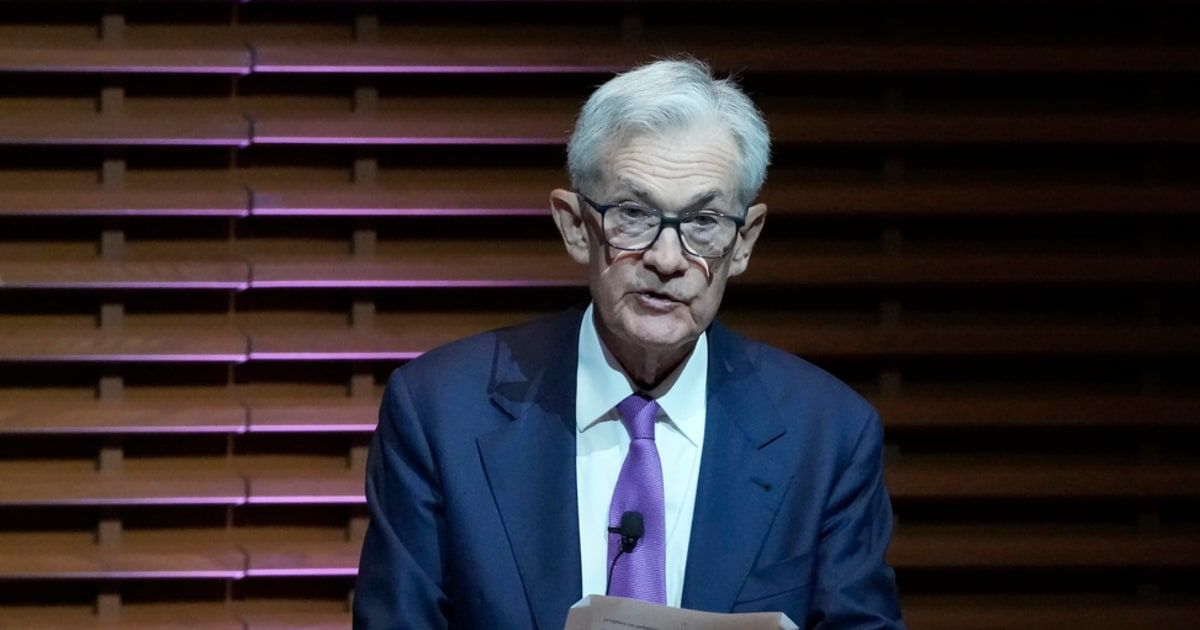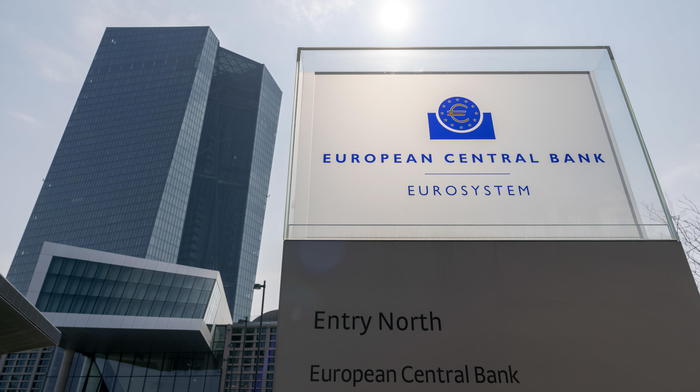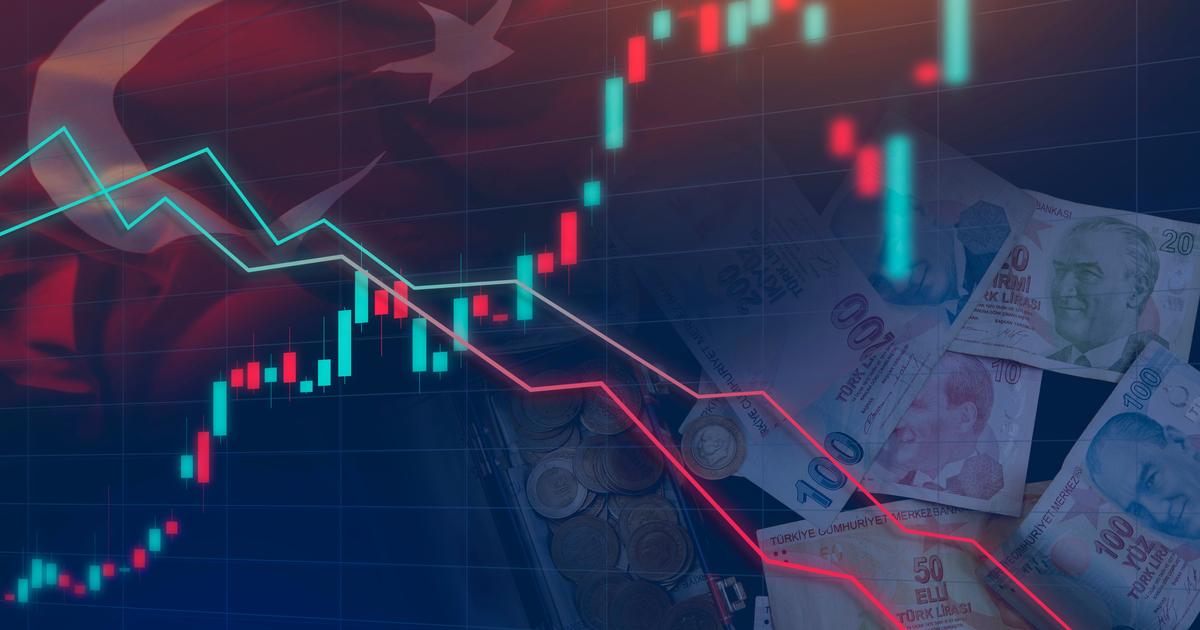Inflation: Three quarters have to cut back
Created: 08/26/2022, 10:28 am
Because of the high inflation, many citizens are no longer quite so loose with their money.
Especially when shopping, the majority are now cautious.
© Monika Skolimowska/dpa-Zentralbild/dpa
High inflation: Economic researchers at the Munich Ifo Institute have determined that seven out of ten respondents have already had to limit themselves because of inflation.
Frankfurt – High inflation is dampening consumer spending and the ability to save: people in Germany are having to exercise restraint more and more.
85 percent of all Germans fear rising prices and the consequences - for the standard of living, but also for savings.
Whether older people or young people, the values do not differ.
"The great concern about high inflation has arrived in the middle of society - in all age groups," says Henriette Peucker, Vice President of the Banking Association.
77 percent are afraid that the economic situation will deteriorate
78 percent of those surveyed are concerned about sufficient electricity and energy.
77 percent are afraid that the economic situation will deteriorate, just as many fear that the Ukraine war will escalate.
Only 38 percent see corona as a problem.
For more than a year, inflation rates in Germany have been well above the two percent target set by the European Central Bank.
While it was 3.9 percent in August 2021, inflation has been well over seven percent since March 2022.
In July, the Federal Statistical Office reported 7.5 percent.
That means: On average, Germans had to pay so much more for the around 650 goods that the office examines every month.
The Bundesbank even expects inflation of more than ten percent in the autumn.
The inflation rate is mainly driven by energy costs,
Heating oil cost around 87 percent more in July than a year ago.
In the meantime, however, groceries have also become more expensive.
The inflation rate is now an average value, and those who rarely or never drive a car notice little of the rising fuel prices.
Indirectly, however, yes, because, for example, the transport of groceries is becoming more expensive, which, for example, also causes the prices of fruit and vegetables to rise.
The survey found that seven out of ten respondents have already had to limit themselves because of inflation, two out of ten even very much.
So the Germans keep their money together.
Unlike in spring, when tour operators were happy that holidaymakers wanted to have a good time after two years of the corona pandemic and were therefore happy to book a better and more expensive hotel category, they are now spending less.
"The consequences of high inflation are clear in terms of consumption and saving behavior, as evidenced by the sales figures from the retail trade,
Our free business newsletter provides you with all relevant business news on a regular basis. Click here for registration.
Concern about inflation unsettles younger people in particular
The fear of inflation unsettles younger people in particular, as Peucker says.
"Younger people in particular would like to save, but can no longer do so." The savings are shrinking significantly.
In 2020, a third of 18- to 20-year-olds still put between 201 and 500 euros a month, 21 percent even more, mainly to have security for emergencies, in 2022 it will be only 15 and eight percent.
Above all, up to 50 euros are saved (26 percent of younger people).
In 2020, only eight percent did.
Across all age groups, Germans are reluctant: Less than half (48 percent) still regularly save money, in 2020 it was 62 percent.
A third saves from time to time.
Two years ago it was only 16 percent.
Overall, the reserves are shrinking, as economic researchers at the Munich Ifo Institute have determined.
While Germans were able to save an additional EUR 73 billion in 2020 and early 2021 - for example because they could not spend money on travel, concerts or restaurant visits - savings have shrunk by EUR 95 billion since early summer 2021.
And it will probably continue like this.
Because the money is usually in banks and savings banks, the Germans will probably withdraw it from there.
There are already first signs of this.
Officially, no bank wants to comment on this.




/cloudfront-eu-central-1.images.arcpublishing.com/prisa/YO5DZ3LUPREZFJDBI72KRYBPOY.jpg)




